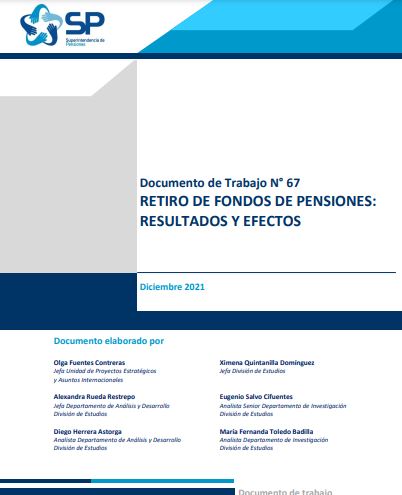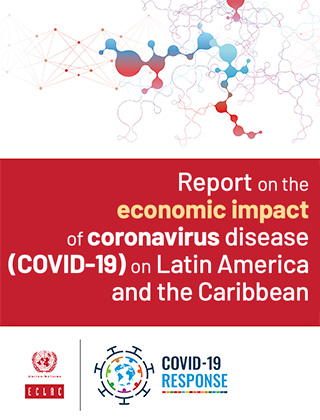Panamá. IVM necesita $6,458 millones de 2024 a 2029
Sin los efectos de la Covid-19 sobre los ingresos de la Caja de Seguro Social (CSS) se había proyectado que las reservas del subsistema exclusivamente de beneficio definido de Invalidez, Vejez y Muerte (IVM) se agotarían en el año 2025, pero cuando se incorporan los estragos de la pandemia, el Departamento Actuarial de la entidad advirtió que el fin se producirá un año antes: en 2024. Estas proyecciones, hechas desde mayo de 2021, tienen como base el informe de la...










